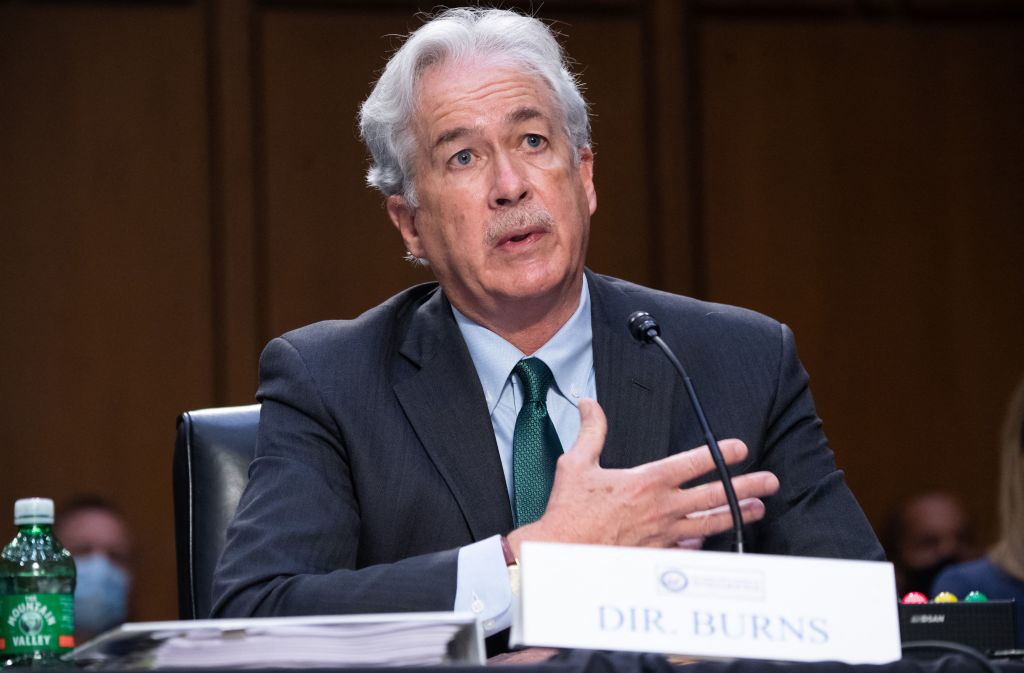House sends Biden bill to aid U.S. diplomats and spies affected by the mysterious 'Havana syndrome'


A free daily email with the biggest news stories of the day – and the best features from TheWeek.com
You are now subscribed
Your newsletter sign-up was successful
Amid all the drama of the Democrats' high-stakes standoff over the infrastructure and reconciliation packages and Senate Republicans' threats to block raising the debt limit, the House on Tuesday unanimously passed a bill to help Americans believed to be suffering from "Havana syndrome," a mysterious brain malady first identified among U.S. diplomats in Cuba in 2016. The Senate passed the legislation, called the HAVANA Act, in June, and it now heads to President Biden's desk for his signature.
U.S. officials believe these "anomalous health incidents" are likely from directed-energy attacks aimed at U.S. diplomats and spies, mostly abroad but also in the U.S. — including outside the White House, possibly. But the U.S. hasn't figured out what's going on or who's responsible, and the roughly 200 victims "have faced bureaucratic hurdles as they seek medical care for symptoms that can range from severe headaches to brain damage," Politico reports. The new legislation aims to address that, with new funding for treatment and flexible appropriations for the CIA director and secretary of state.
"President Biden supports the HAVANA Act and congressional efforts to provide additional support to individuals who have experienced anomalous health incidents," a senior administration official said. "It is a top priority to ensure they receive the medical care they need."
The Week
Escape your echo chamber. Get the facts behind the news, plus analysis from multiple perspectives.

Sign up for The Week's Free Newsletters
From our morning news briefing to a weekly Good News Newsletter, get the best of The Week delivered directly to your inbox.
From our morning news briefing to a weekly Good News Newsletter, get the best of The Week delivered directly to your inbox.
The Biden administration has ramped up efforts to get to the bottom of the Havana syndrome, and CIA Director William Burns gets near-daily briefings on the subject and has appointed a senior official, whose name is classified, to run point on the investigation, Politico says. "U.S. officials believe that Russia's military-intelligence unit, the GRU, is responsible for the suspected attacks, and one "working theory is that the Russian covert operatives used microwave radiation to collect data from their targets' devices."
The suspected attacks are ongoing, and a member of Burns' team reported Havana syndrome–like symptoms while accompanying the CIA director to India earlier this month, CNN reports. "The incident set off alarm bells within the US government and left Burns 'fuming' with anger," and "some officials at the CIA viewed the chilling episode as a direct message to Burns that no one is safe, including those working directly for the nation's top spy."
A free daily email with the biggest news stories of the day – and the best features from TheWeek.com
Peter has worked as a news and culture writer and editor at The Week since the site's launch in 2008. He covers politics, world affairs, religion and cultural currents. His journalism career began as a copy editor at a financial newswire and has included editorial positions at The New York Times Magazine, Facts on File, and Oregon State University.
